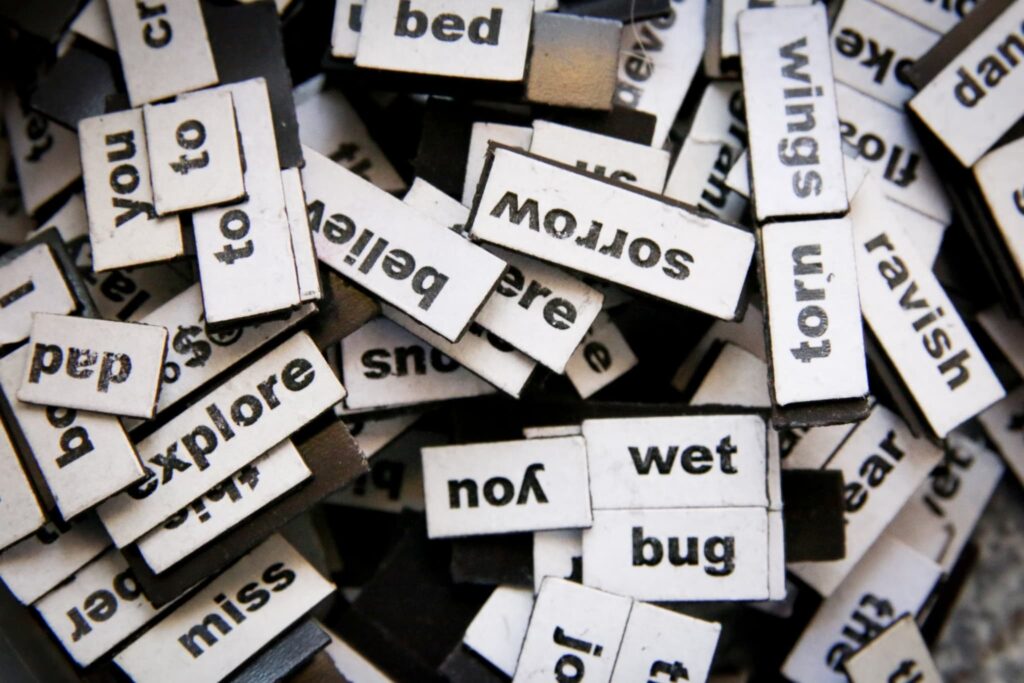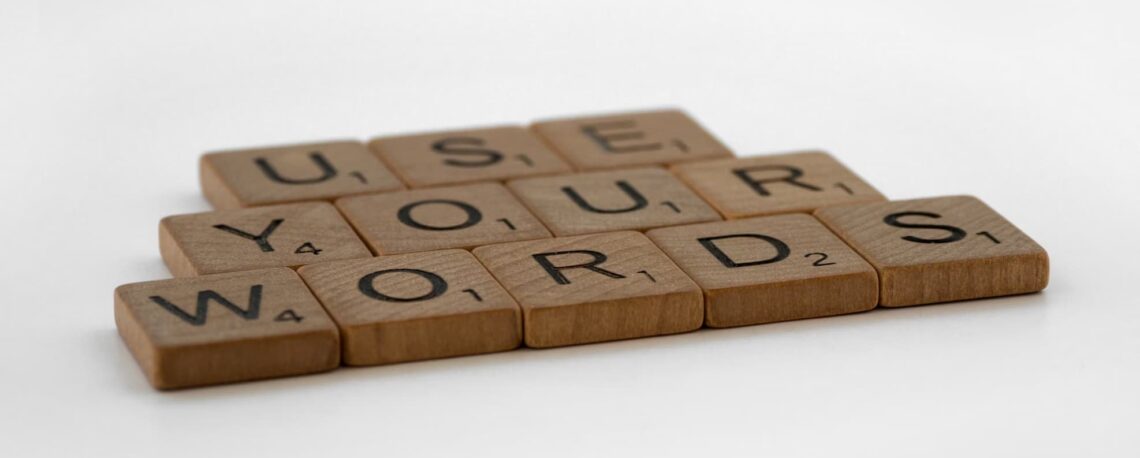In an age saturated with digital distractions and demands on our attention, the quest for mental acuity and cognitive longevity has never been more pertinent. While many seek complex solutions, a surprisingly potent tool for brain enhancement lies in an age-old pastime: word puzzles. Far from being mere diversions, these engaging challenges offer a robust workout for our neural pathways, fostering resilience, enhancing specific cognitive functions, and actively contributing to a sharper, more agile mind. This isn’t just about knowing more words; it’s about fundamentally strengthening the intricate machinery of our brain.
The Neurological Gymnasium: How Puzzles Sculpt a Smarter Brain
The human brain possesses a remarkable quality known as neuroplasticity – its ability to reorganize itself by forming new neural connections throughout life. Word puzzles act as targeted exercises in this neurological gymnasium, stimulating various regions and functions. When you tackle a crossword, anagram, or even a simple word search, you’re not just passively recalling information; you’re actively engaging complex cognitive processes.
Consider the humble crossword puzzle. Deciphering a cryptic clue requires a sophisticated interplay of semantic memory (your knowledge of words and concepts), working memory (holding multiple pieces of information in mind simultaneously), and executive functions like problem-solving and hypothesis testing. Your brain sifts through its vast lexical database, evaluates potential answers against crossing letters, and inhibits incorrect responses. This intricate dance strengthens the connections within the prefrontal cortex, the brain’s command center responsible for higher-order thinking.
Anagrams and jumbles, on the other hand, heavily tax your visuospatial skills and pattern recognition abilities, alongside verbal fluency. The act of mentally (or physically) rearranging letters to form new words engages regions like the parietal lobe, which is crucial for spatial reasoning. Furthermore, successful completion of these tasks reinforces neural pathways associated with flexible thinking and creative problem-solving, as you learn to see familiar components in new configurations. Even games like Scrabble or Boggle, which involve strategic letter placement and rapid word formation, demand not only a strong vocabulary but also quick decision-making and strategic foresight, activating a broad network of cognitive resources. The consistent engagement in these varied mental calisthenics leads to a more efficient and interconnected neural network.
Forging Cognitive Resilience: Beyond Vocabulary Expansion

The benefits of word puzzles extend far beyond mere vocabulary expansion or the immediate thrill of a solved clue. Consistent engagement with these mental challenges contributes significantly to building what neuroscientists call “cognitive reserve.” This concept refers to the mind’s resilience to neuropathological damage or age-related changes. Think of it as building a buffer: the more robust and interconnected your neural networks are, the better your brain can cope with potential insults, delaying the onset or mitigating the severity of cognitive decline.
Studies have indicated that individuals who regularly engage in mentally stimulating activities, including word puzzles, tend to exhibit better cognitive function later in life. While no single activity is a panacea, the cumulative effect of these “brain workouts” is significant. The process involves:
- Enhanced Neural Efficiency: Regular puzzling can lead to more efficient processing of information, as frequently used neural pathways become more robust and faster.
- Improved Attentional Control: Many word puzzles require sustained focus and the ability to filter out distractions, thereby strengthening attentional networks.
- Stress Reduction and Mood Elevation: The immersive nature of solving a puzzle can induce a state of “flow,” a highly focused mental state that is often accompanied by a sense of accomplishment and can reduce stress. Lower stress levels are, in turn, beneficial for overall brain health.
- Strengthening of Long-Term and Working Memory: The constant retrieval and manipulation of information inherent in word puzzles directly exercises and fortifies both long-term memory stores and the more transient working memory systems.
It’s not just about the quantity of puzzles solved, but the quality of engagement. Challenging oneself with puzzles that are slightly beyond one’s comfort zone, but not overwhelmingly difficult, provides the optimal stimulus for neuroplastic changes. The satisfaction of overcoming a mental hurdle releases dopamine, a neurotransmitter associated with pleasure and reward, which further reinforces the learning process and encourages continued engagement.
Ultimately, incorporating word puzzles into your routine is an accessible and enjoyable strategy for proactive brain care. They are not a passive consumption of entertainment but an active construction of a more resilient, agile, and sharper mind. By challenging our linguistic and problem-solving faculties, we are, in essence, future-proofing our most vital organ, one clue, one letter, one solved puzzle at a time. So, the next time you pick up a crossword or fire up a word game app, remember you’re not just killing time – you’re investing in your cognitive capital.
